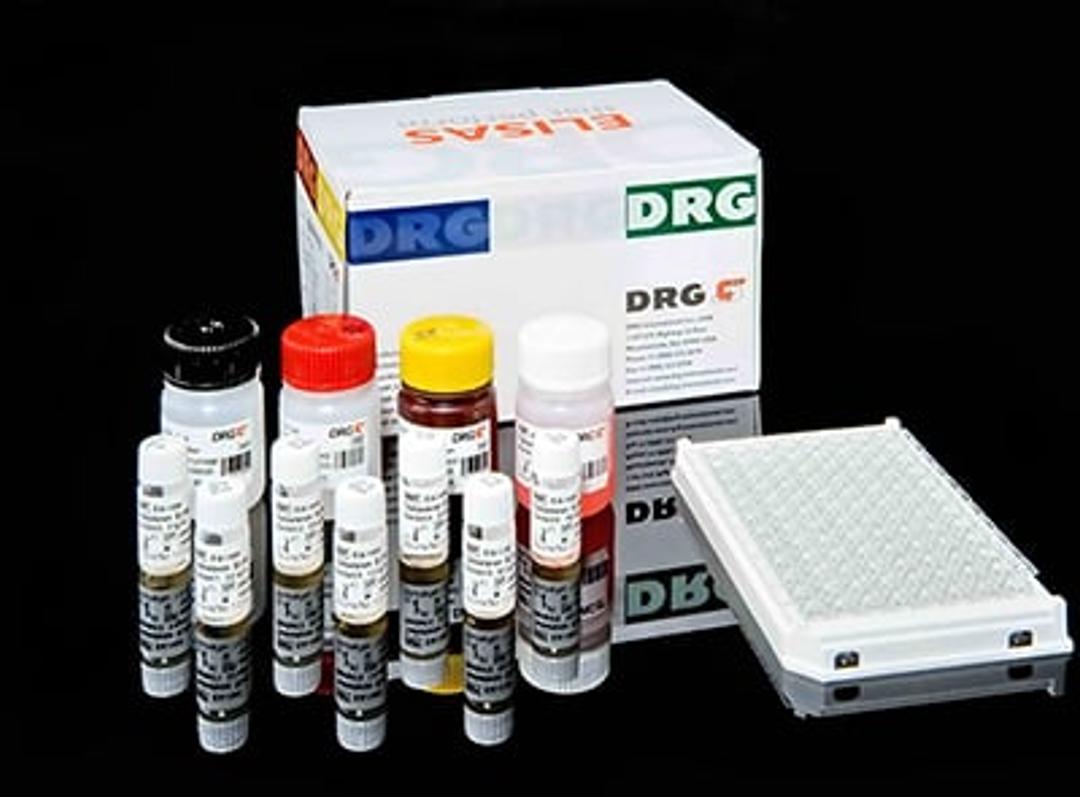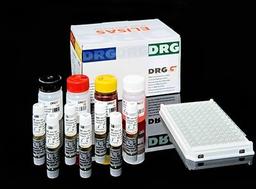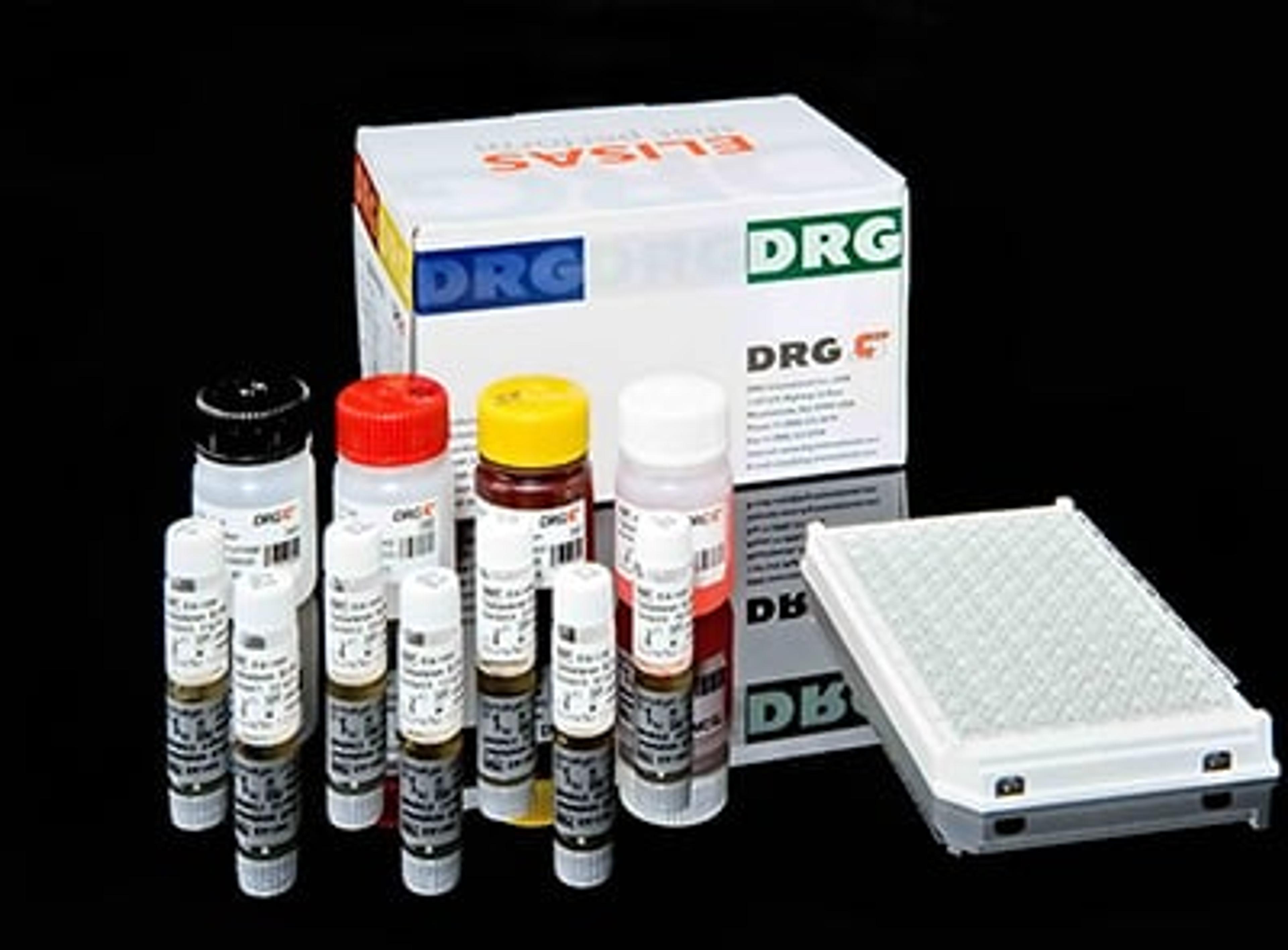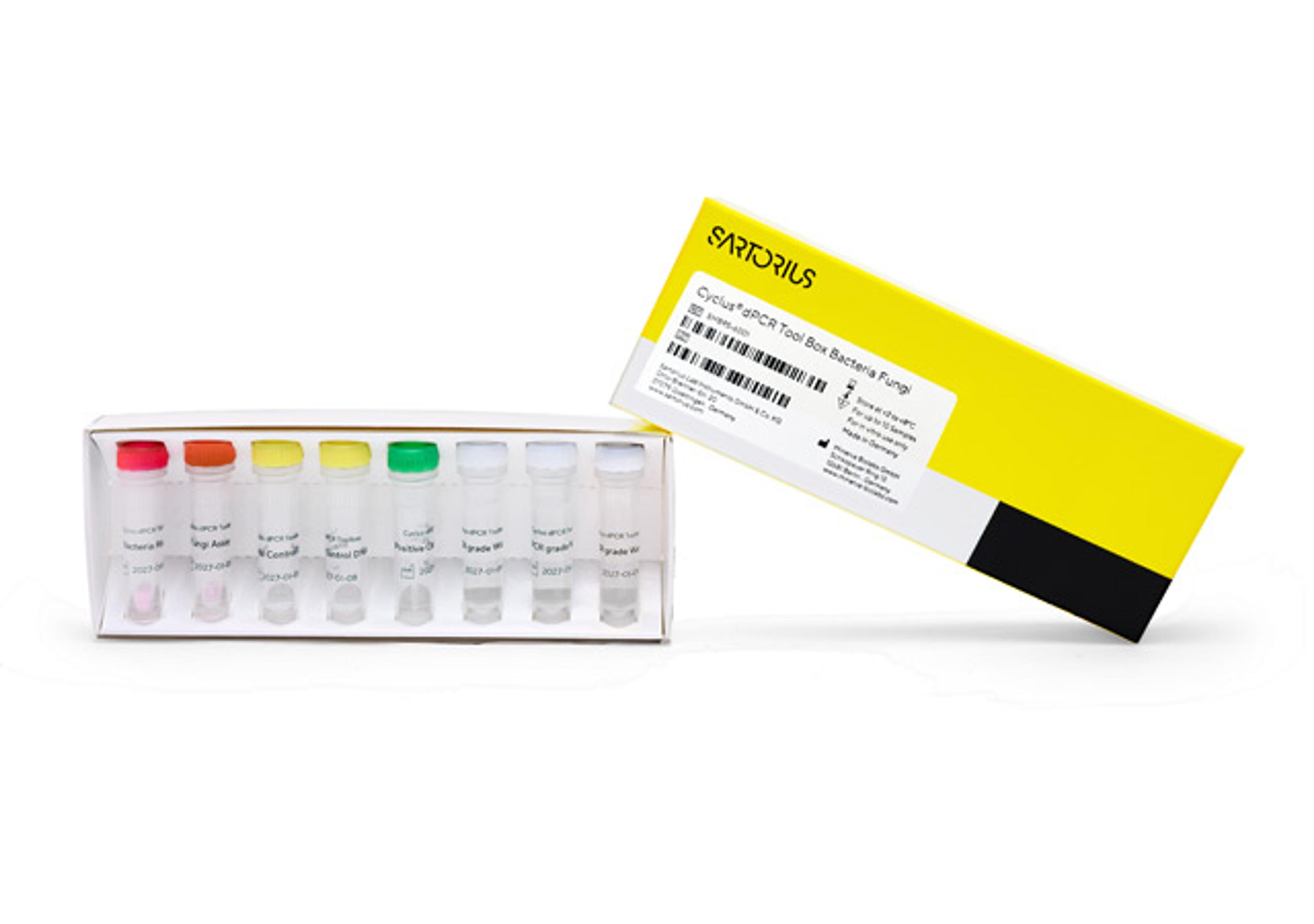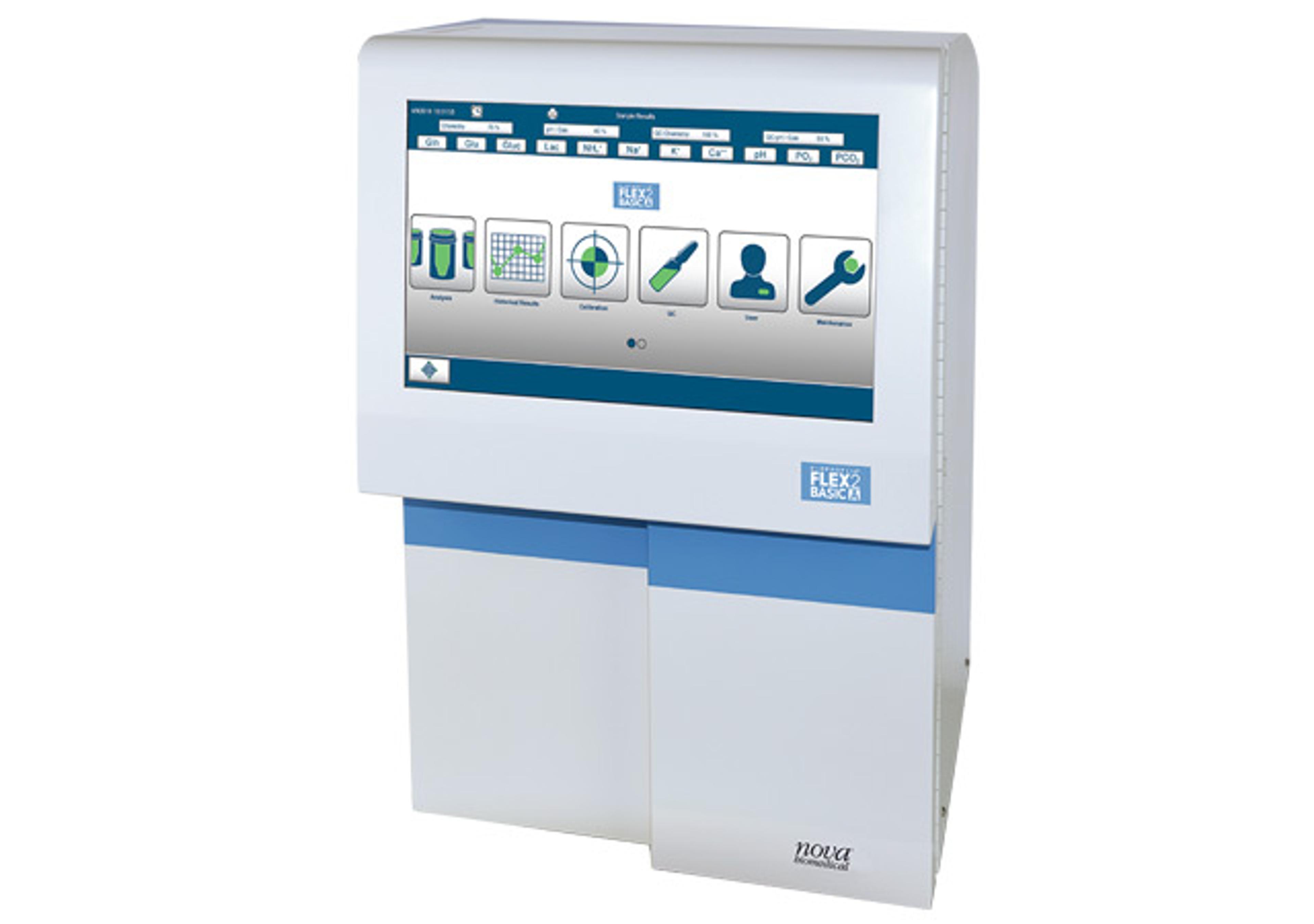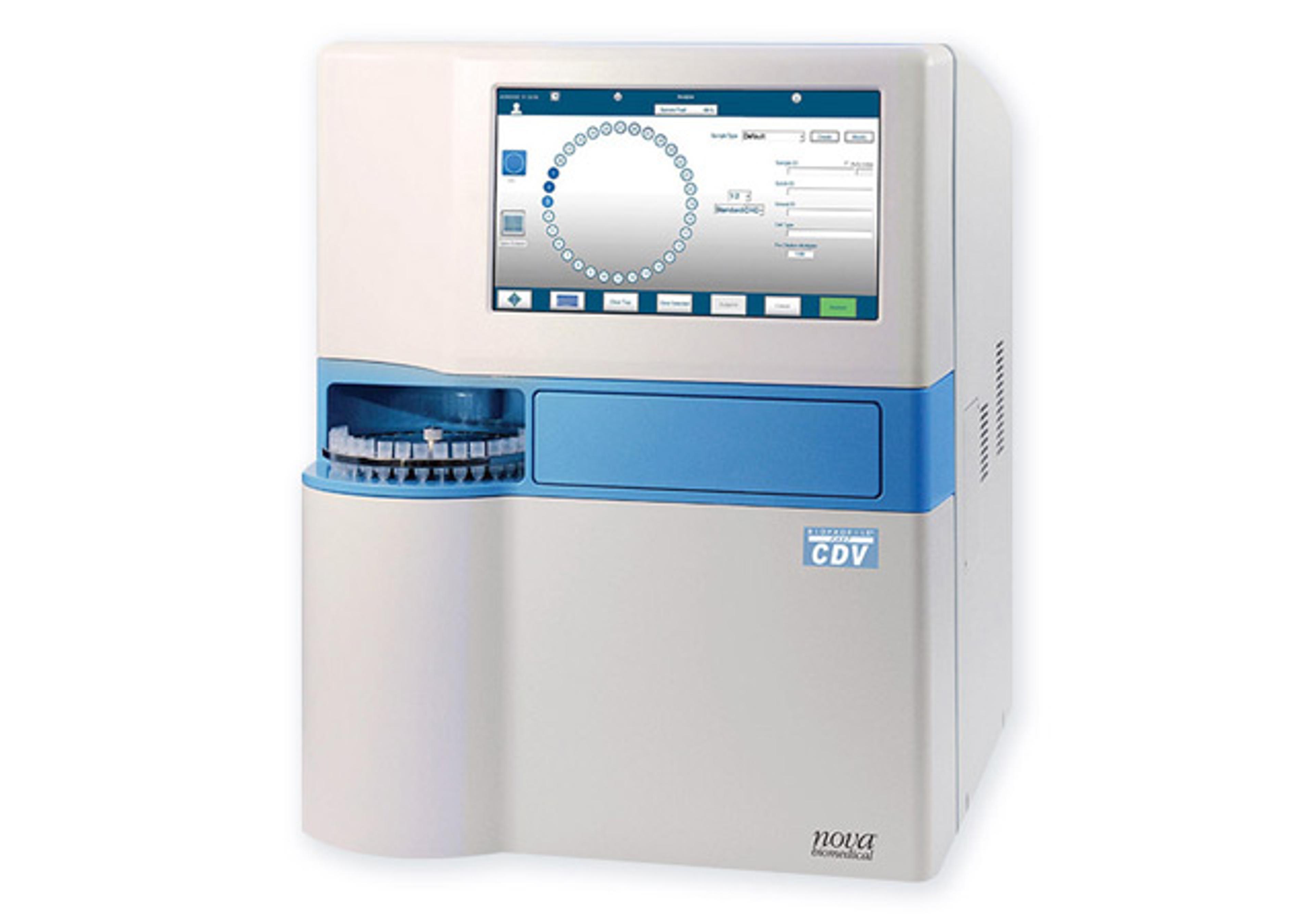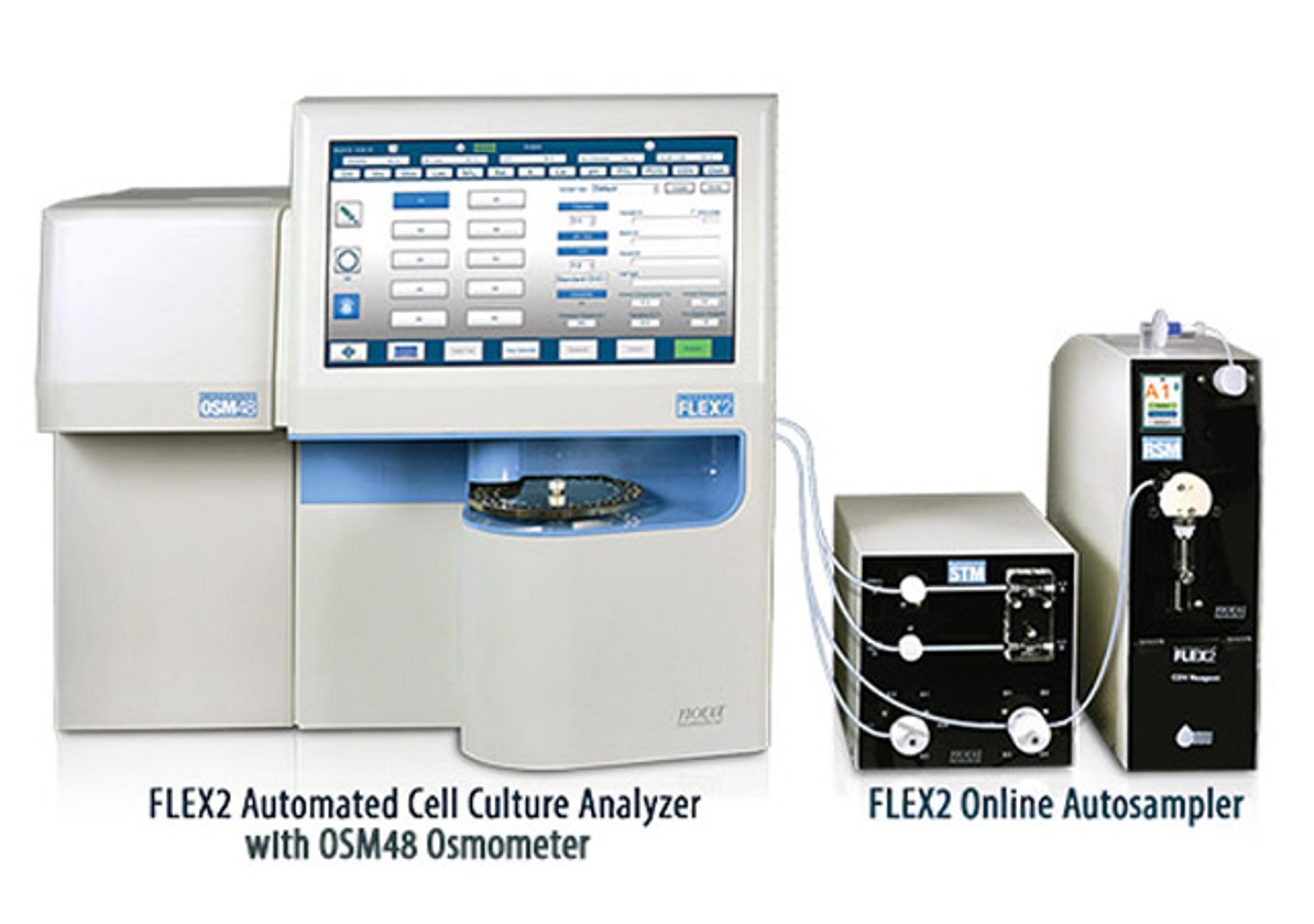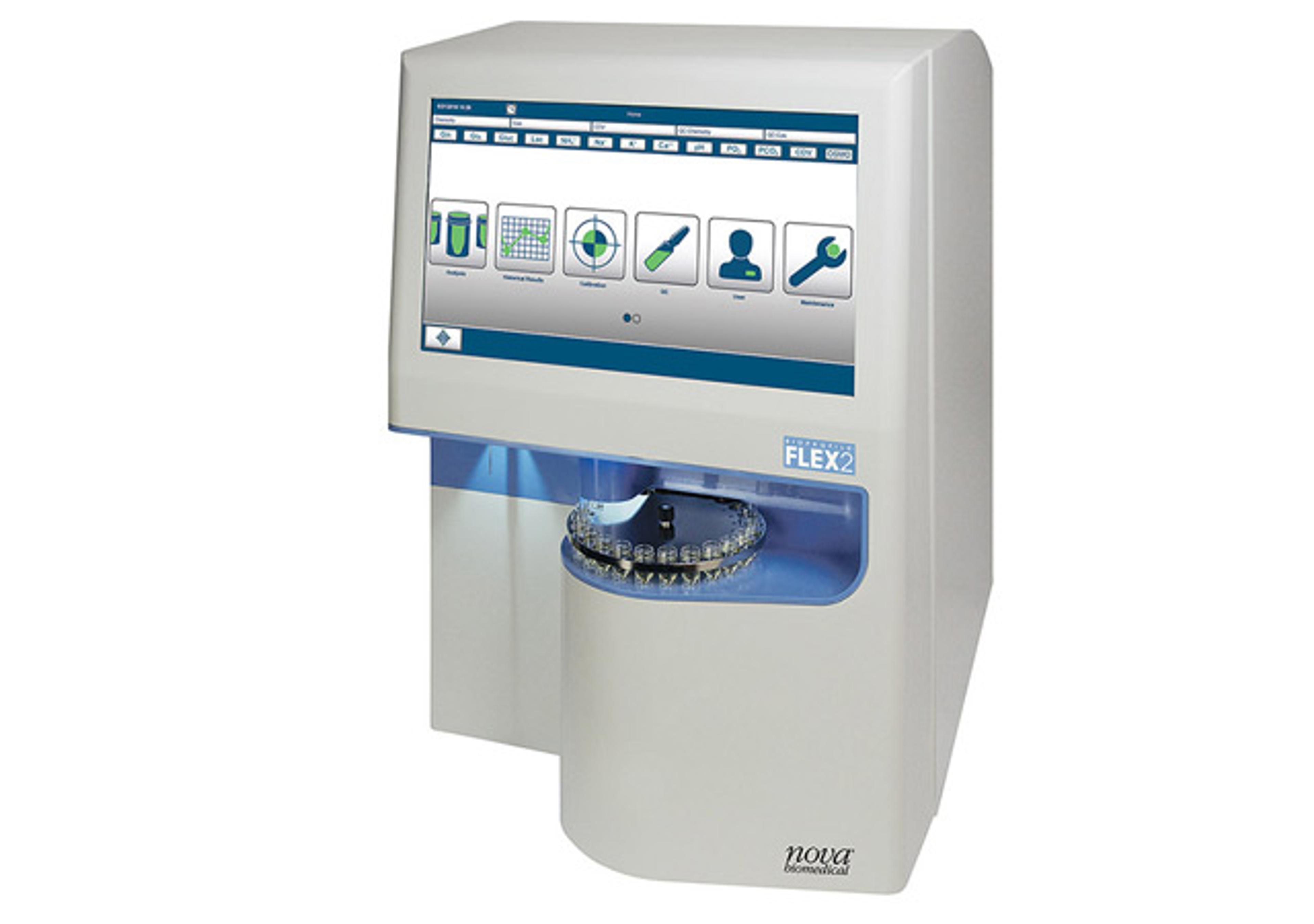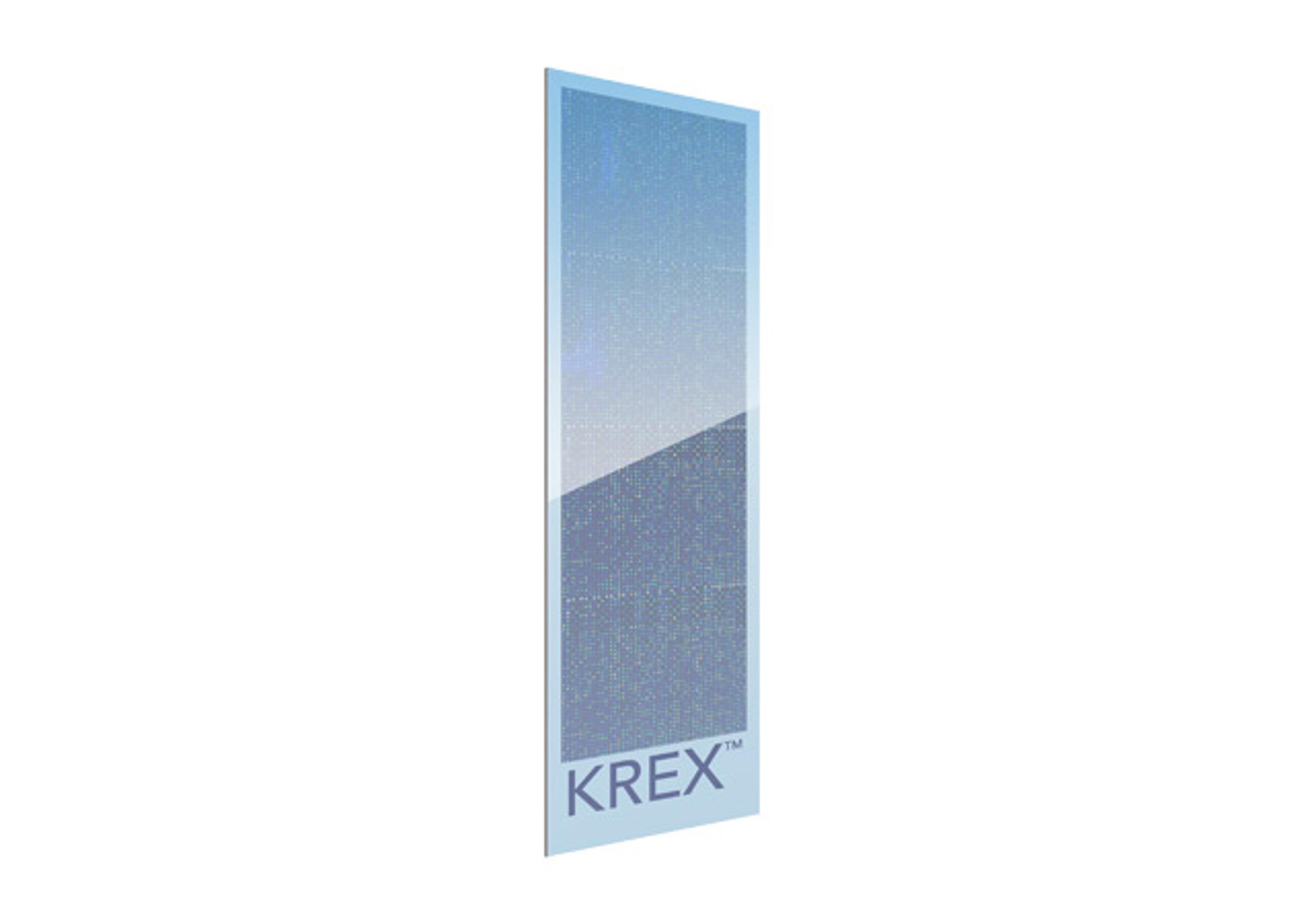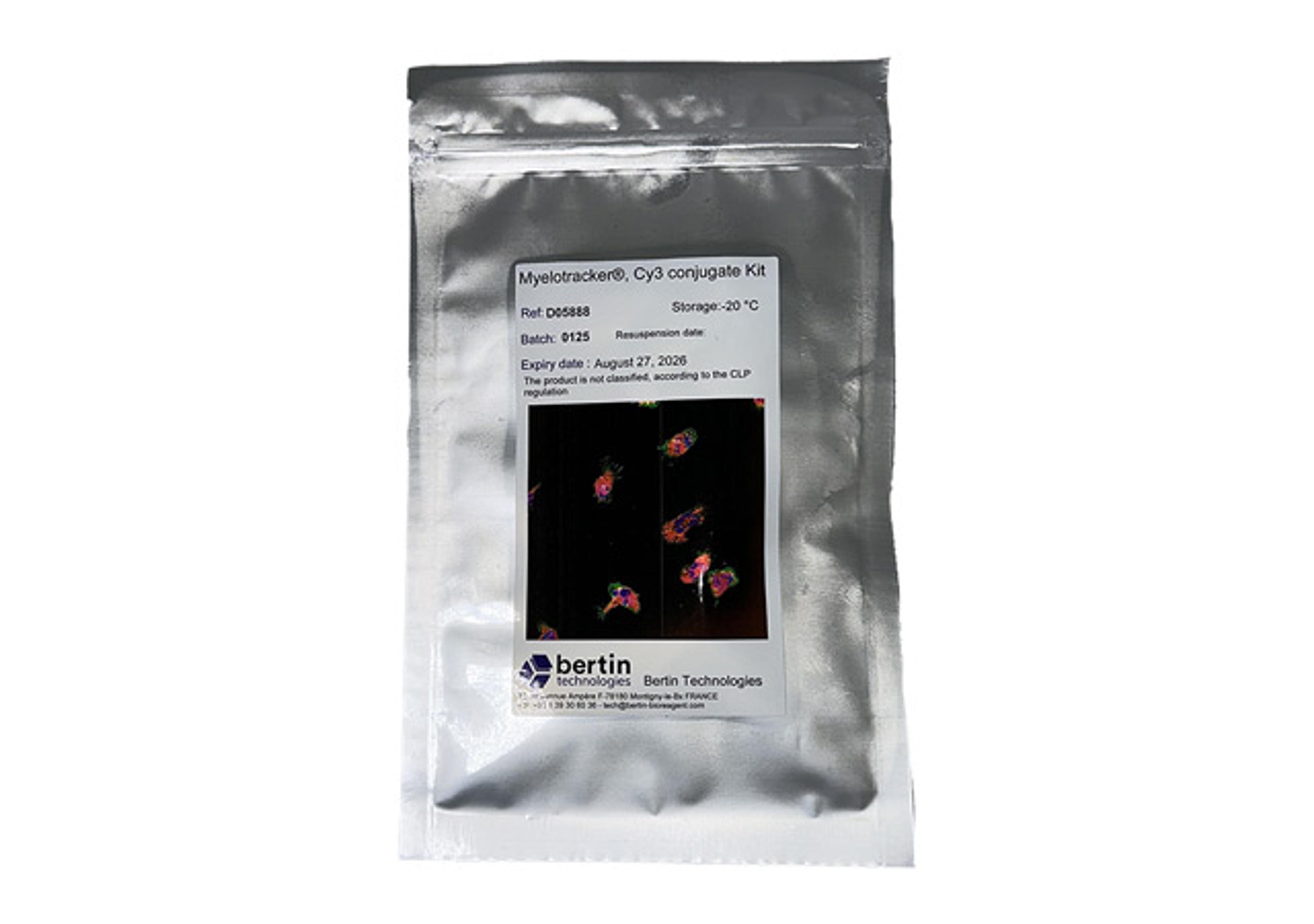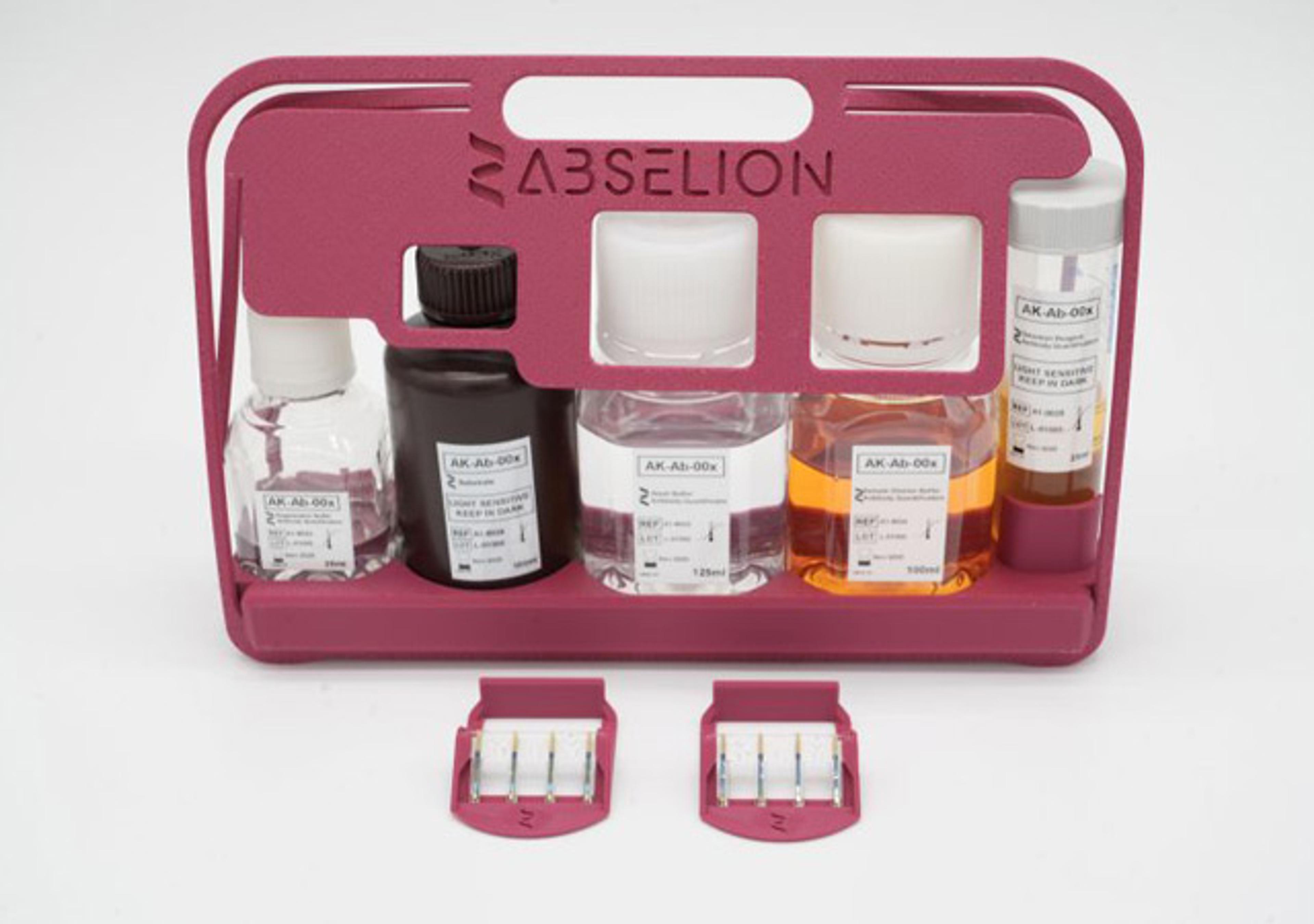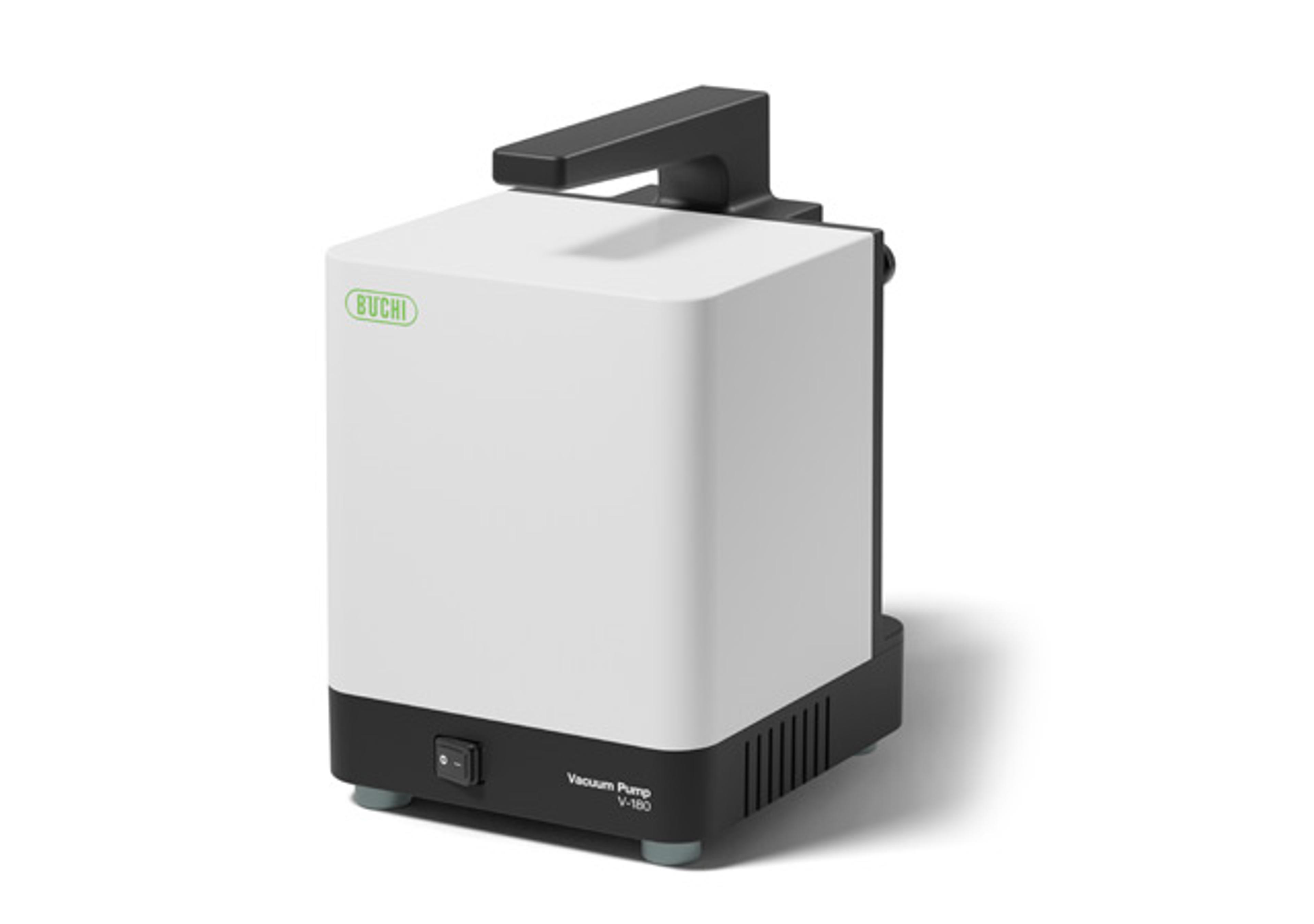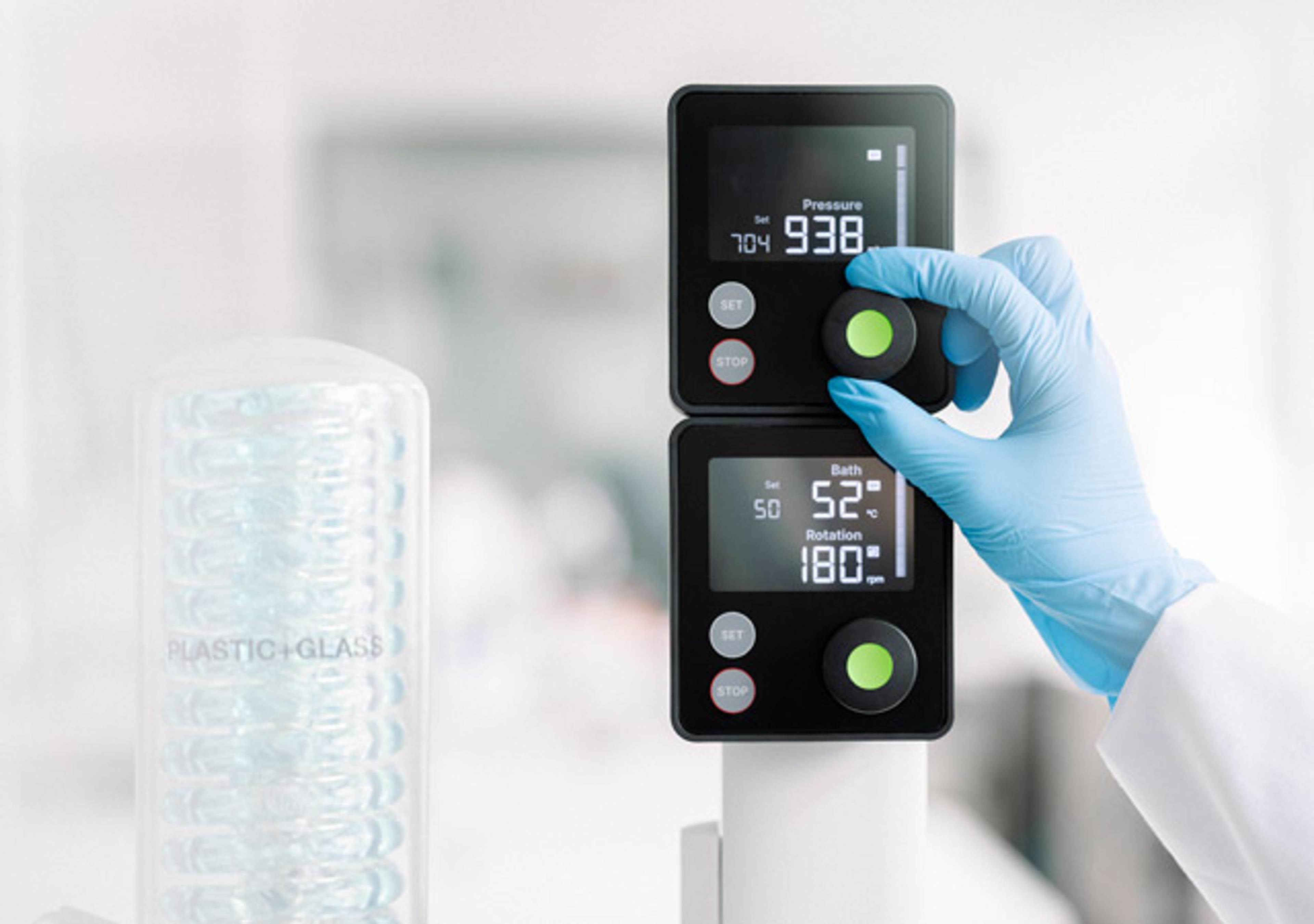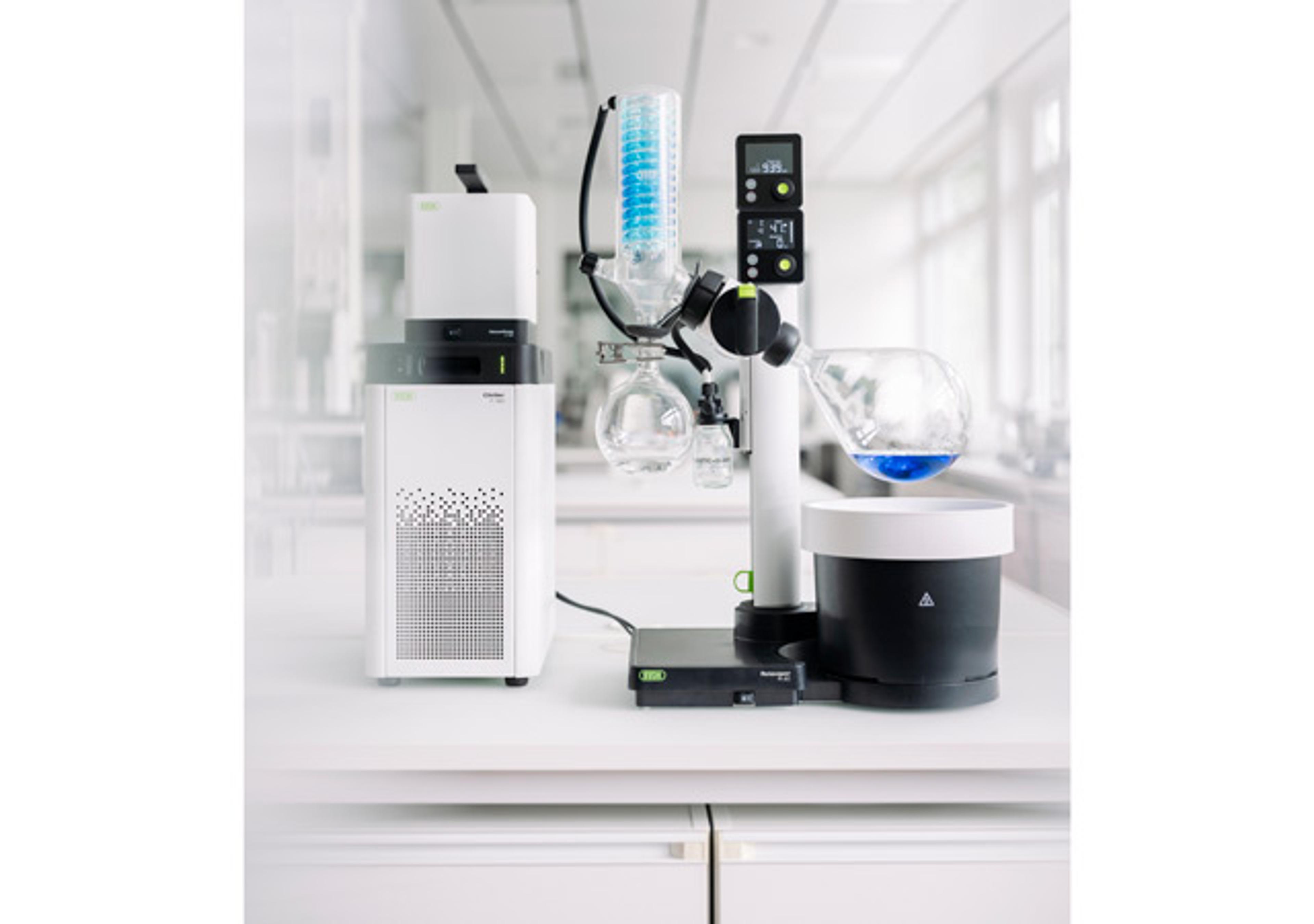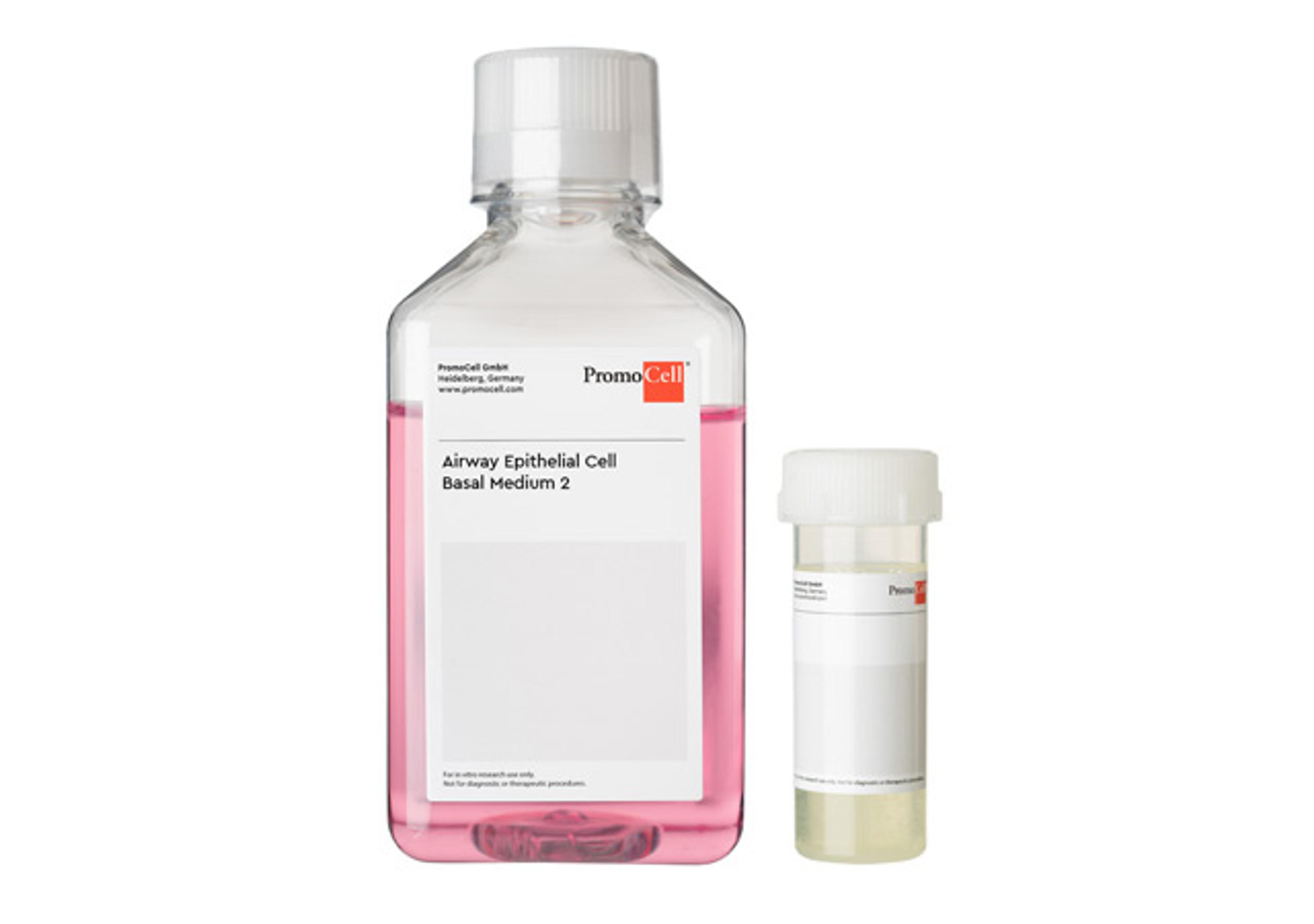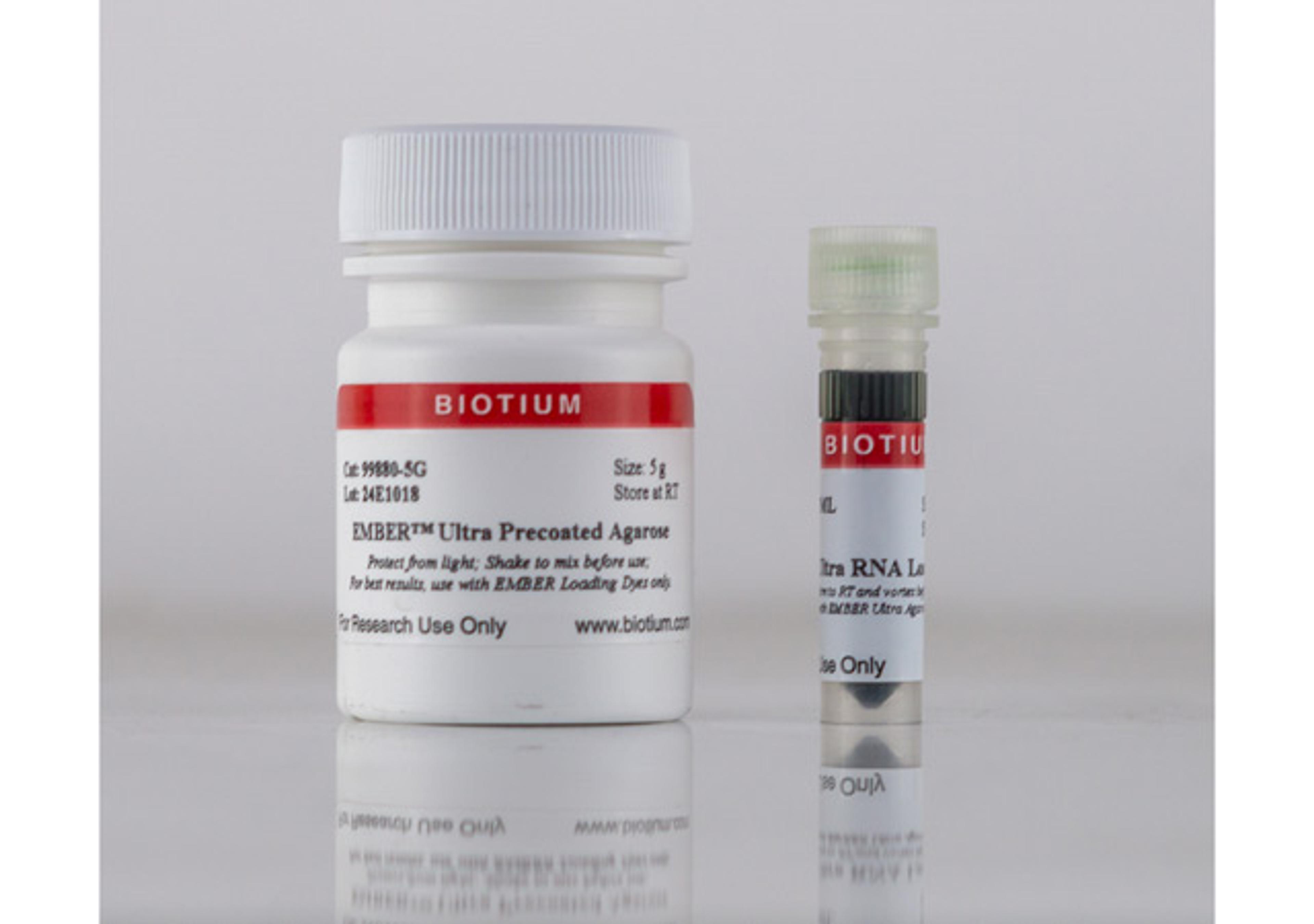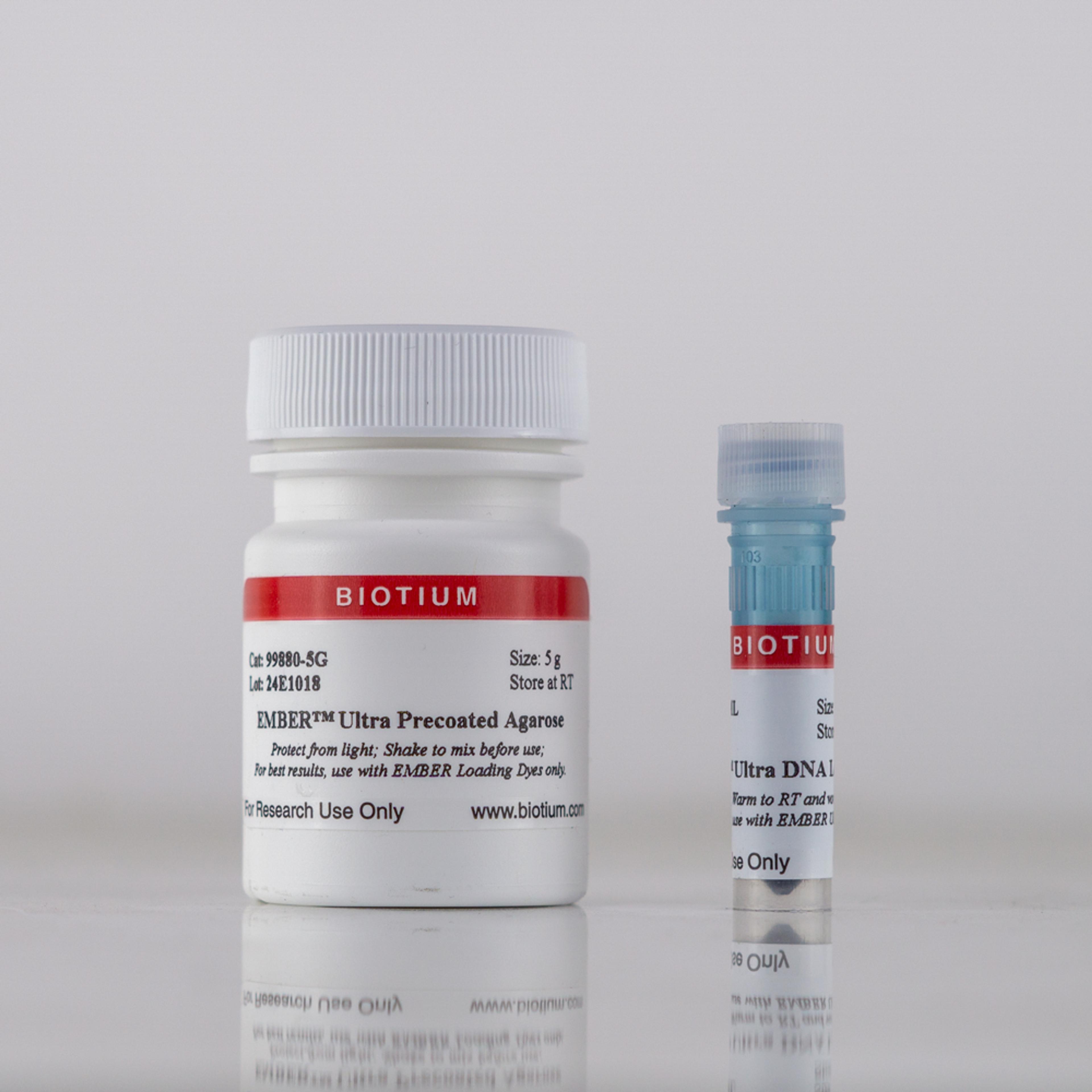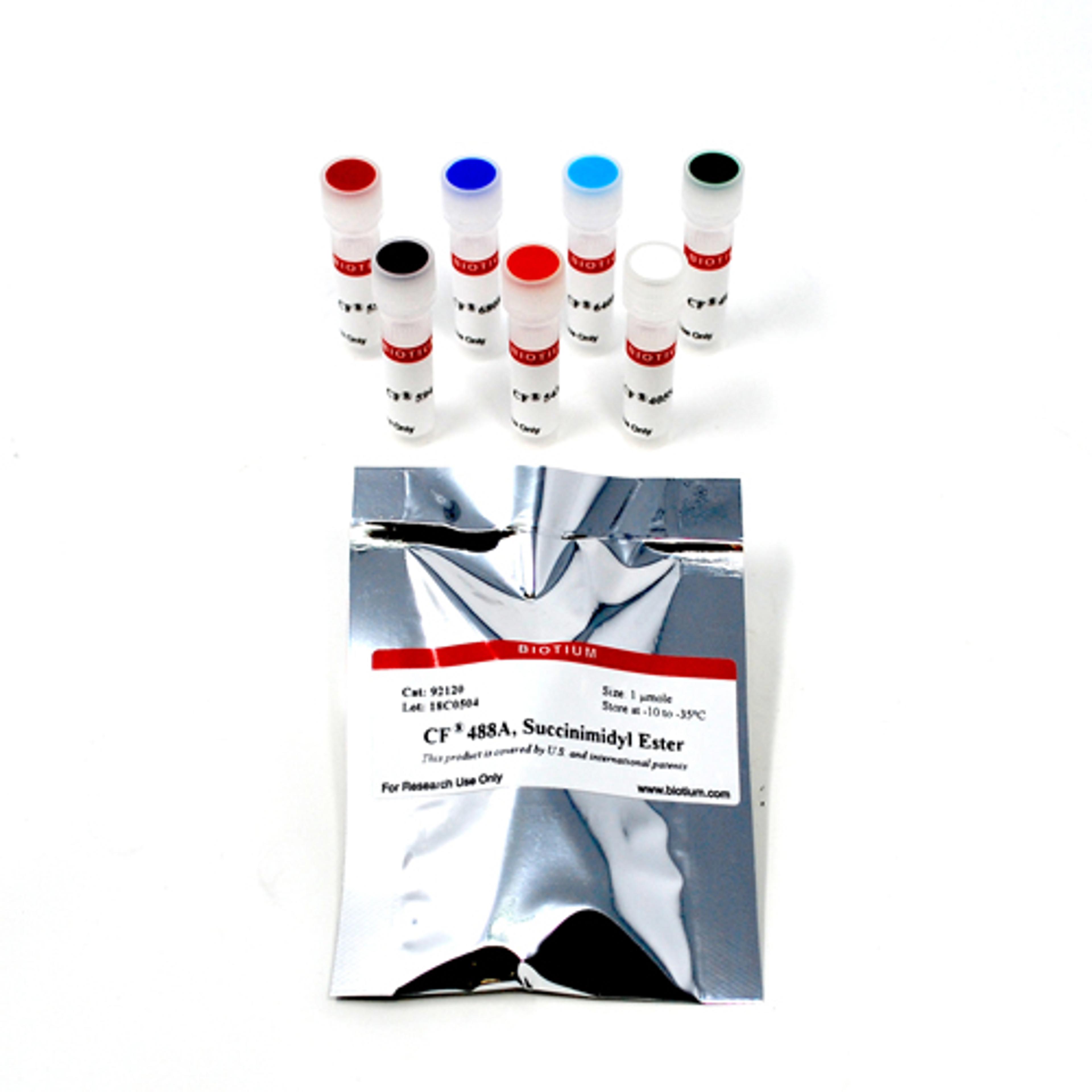Calprotectin (MRP 8/14)
High Quality Assays with Reproducible and Reliable Results

The supplier does not provide quotations for this product through SelectScience. You can search for similar products in our Product Directory.
The described Calprotectin (MRP 8/14) Stool (1 h) ELISA is intended for the quantitative determination of calprotectin (MRP (8/14, S100A8/A9) in stool. For in vitro diagnostic use only.Calprotectin is a calcium-binding protein secreted predominantly by neutrophils and monocytes. Fecal calprotectin is a marker for neoplastic and inflammatory gastrointestinal diseases. It is often difficult to distinguish between irritable bowel syndrome and chronic inflammatory bowel disease. This leads in many cases to extensive and unnecessary colonoscopic examinations. The calprotectin test allows clear differentiation between the two patient groups. Fecal calprotectin levels correlate significantly with histologic and endoscopic assessment of disease activity in Morbus Crohn‘s disease and ulcerative colitis as well as with the fecal excretion of indium-111-labelled neutrophilic granulocytes that has been suggested as the “gold standard“ of disease activity in inflammatory bowel disease. However, measuring 111-indium-labeled granulocytes is very costly (patient’s hospitalization, analysis and disposal of isotopic material) and is connected with radioactive exposition of the patients. For this reason, a repeated application to children and pregnant women is not recommended. Elevated levels of calprotectin are a much better predictor of relapse than standard inflammatory markers (CRP, ESR HB). Comparing this marker with standard fecal occult blood screening in colorectal cancer demonstrates clearly the diagnostic advantages of the fecal calprotectin test. The parameter is of a high diagnostic value: if the calprotectin level in stool is low, the probability is high that no organic intestinal disease exists.

